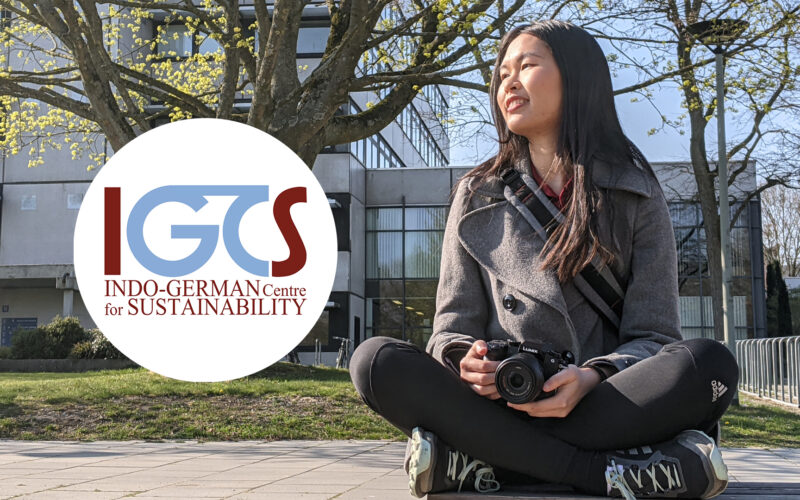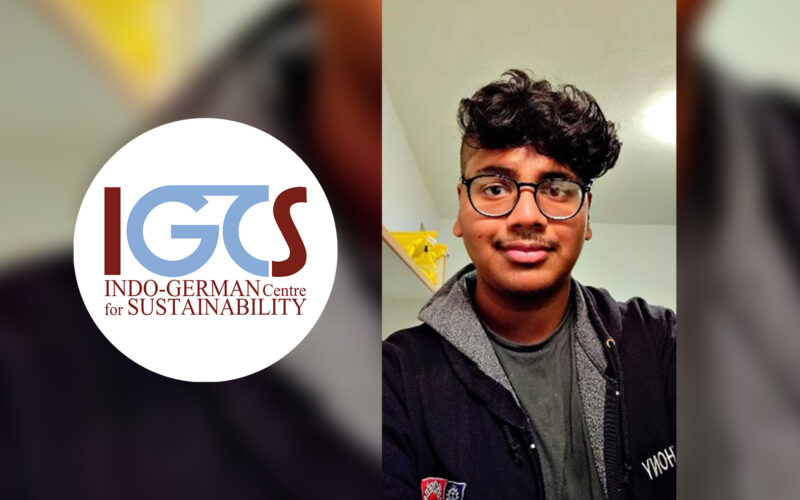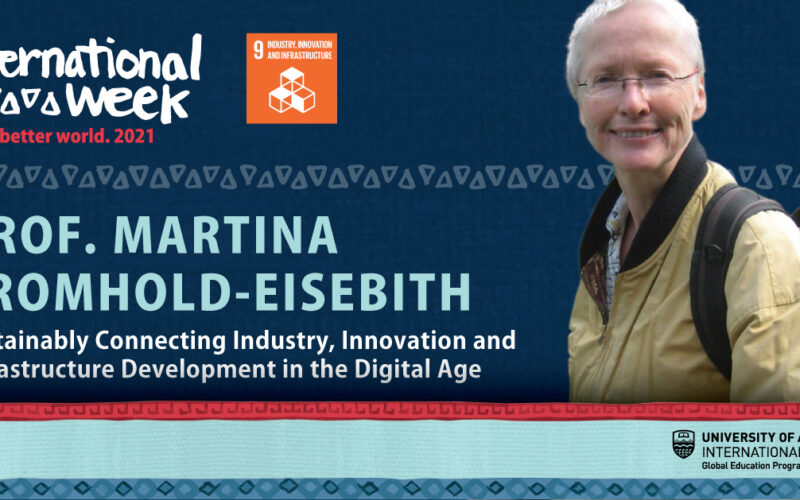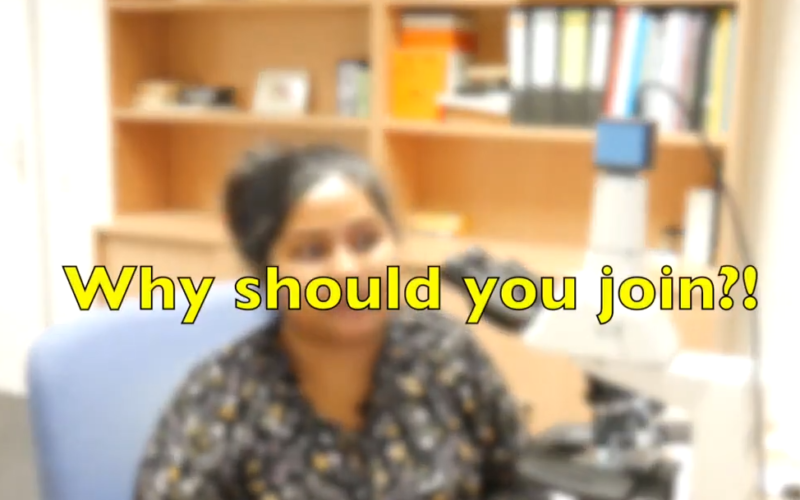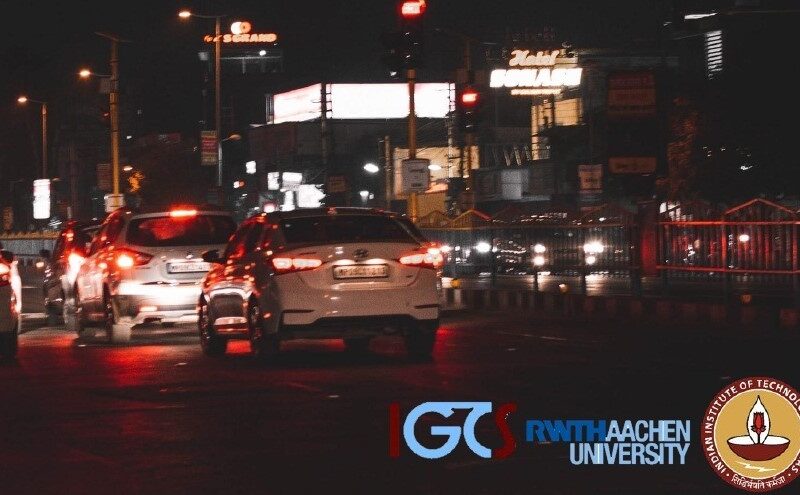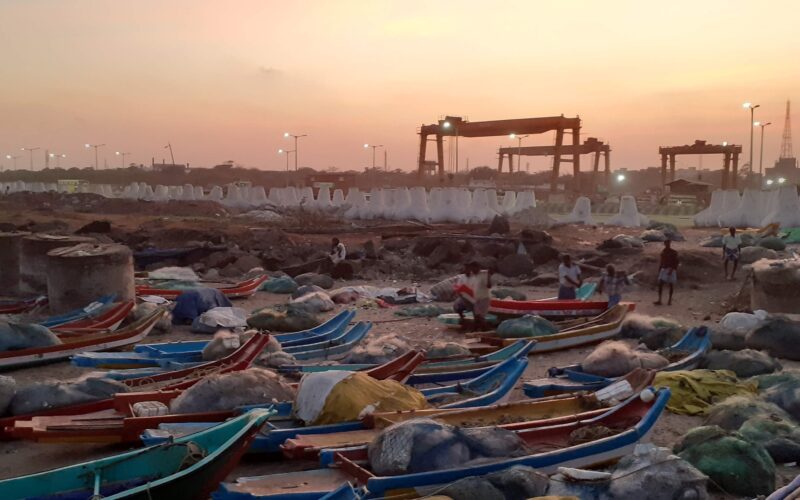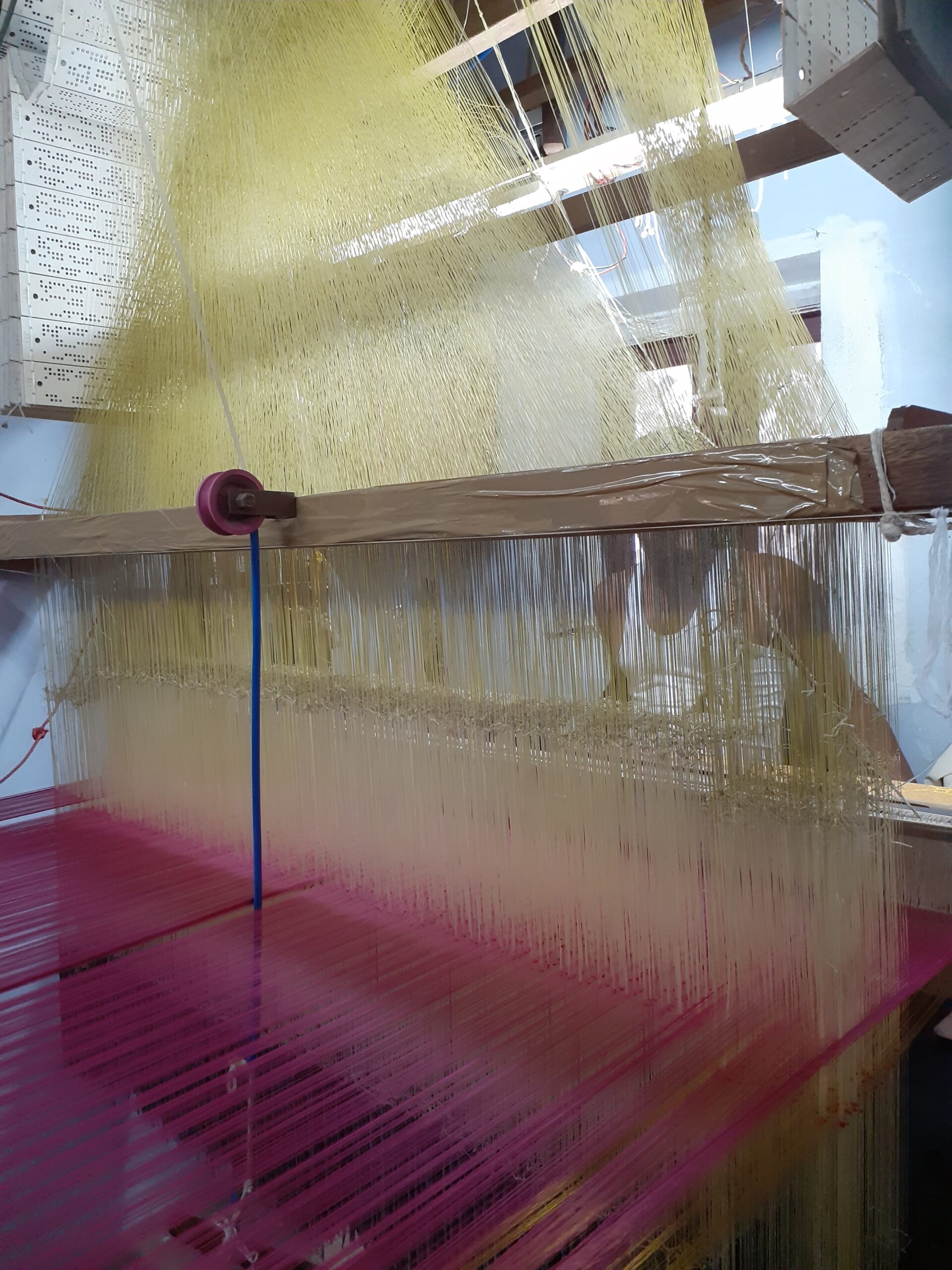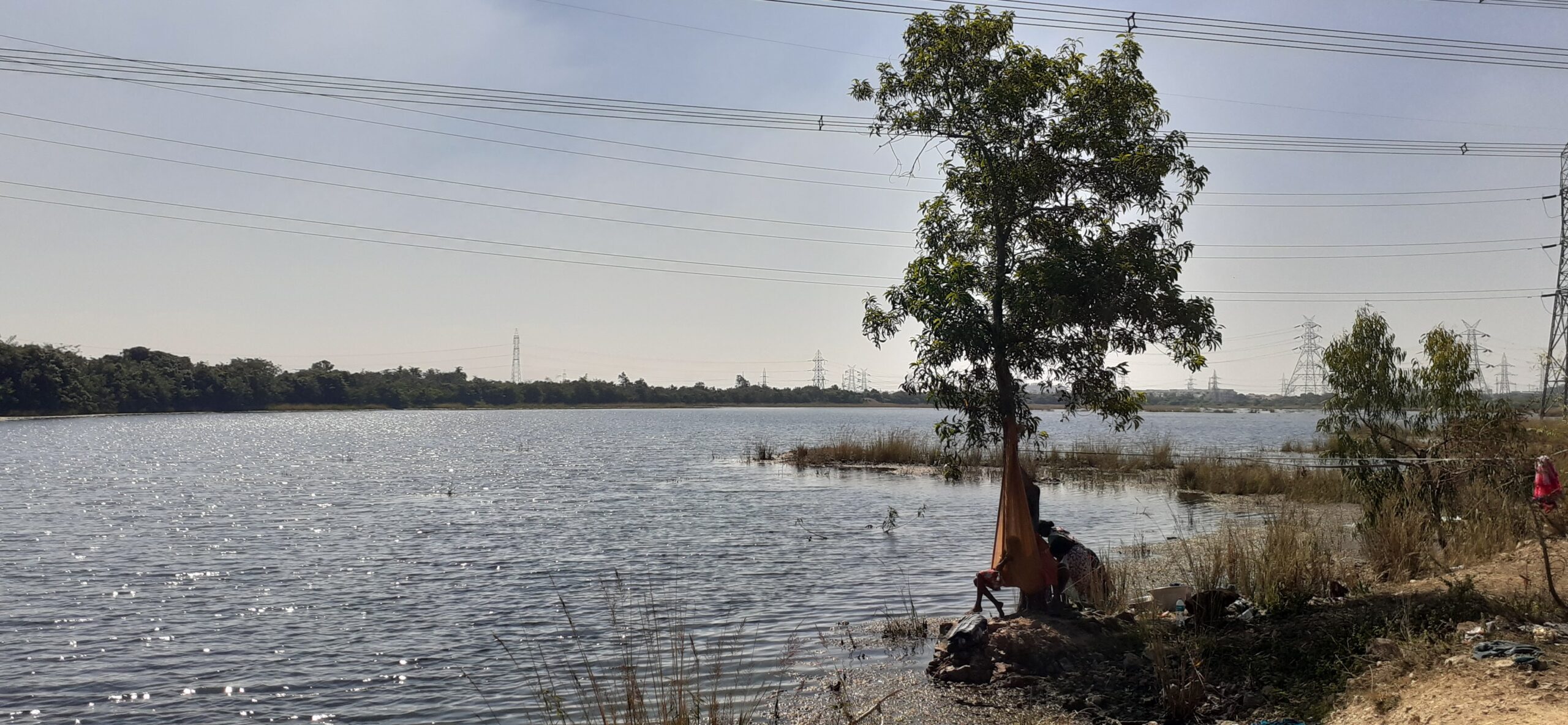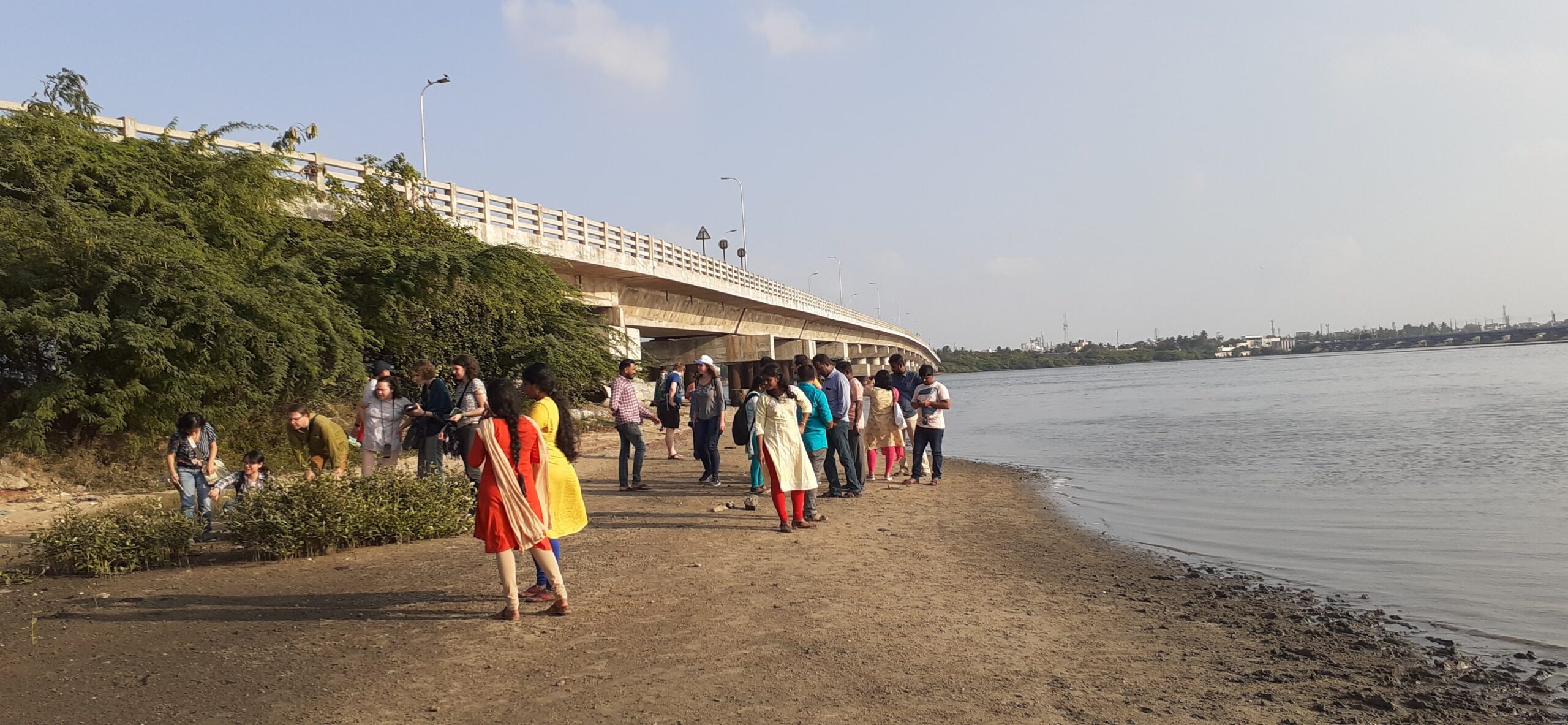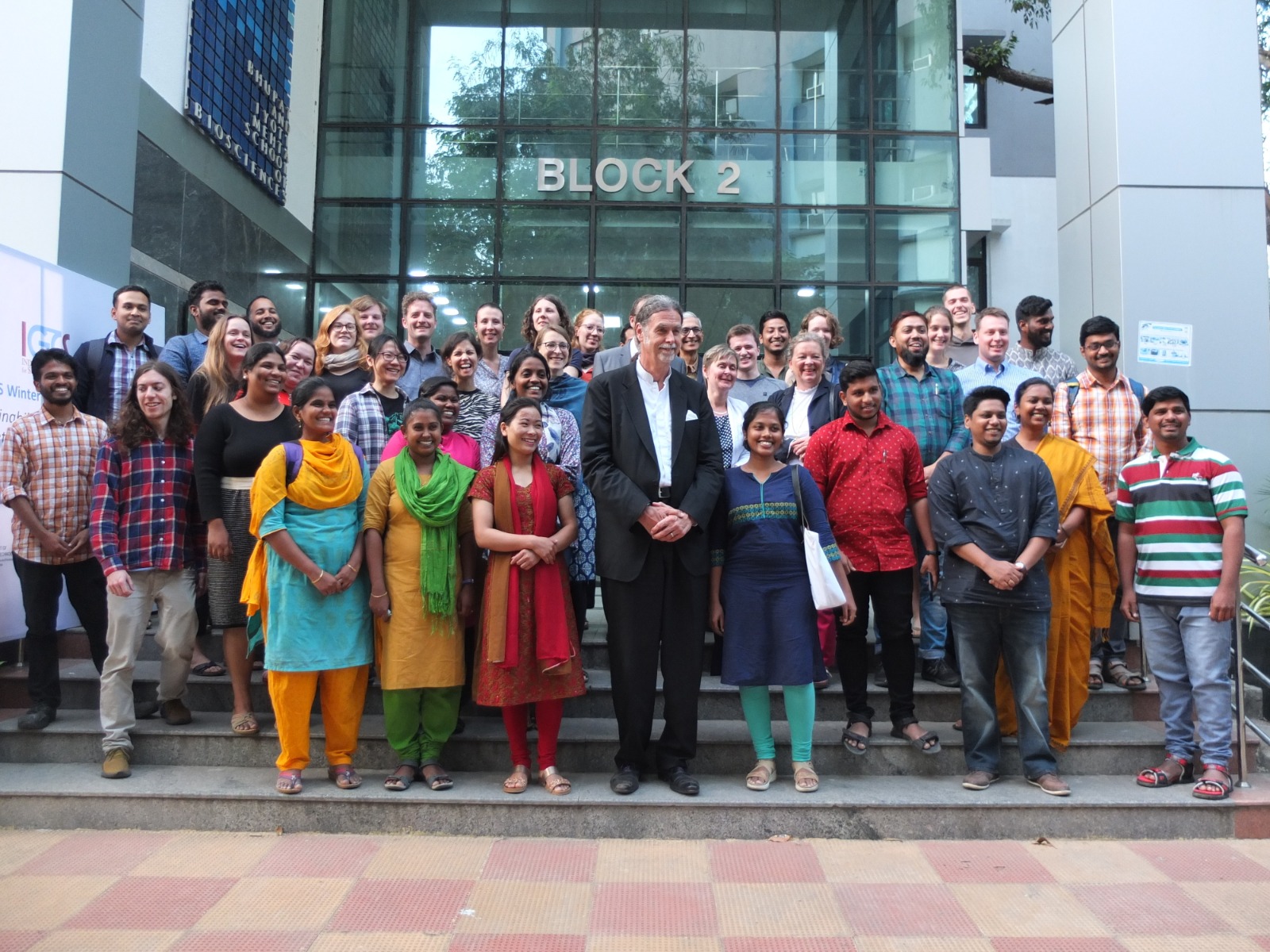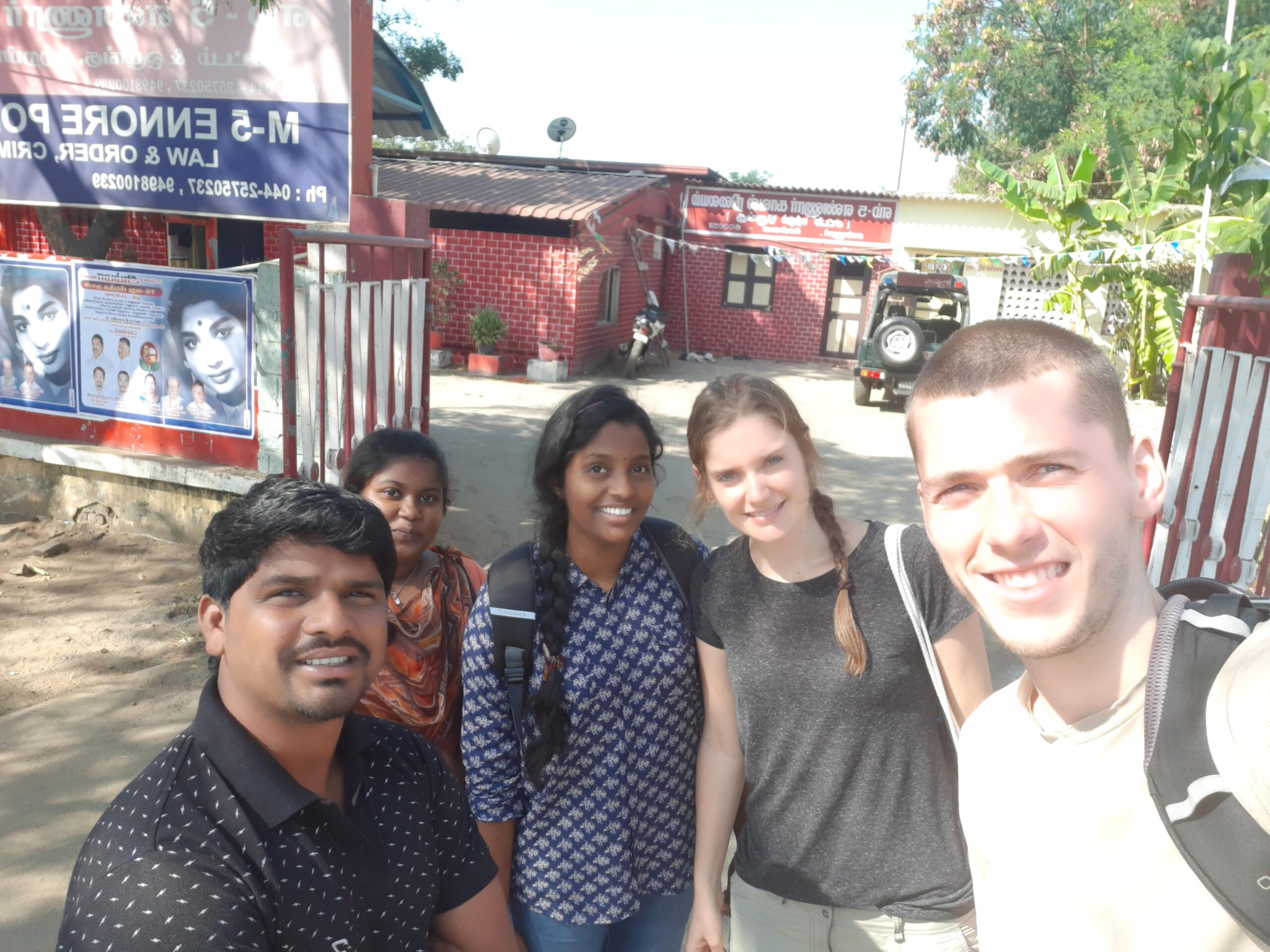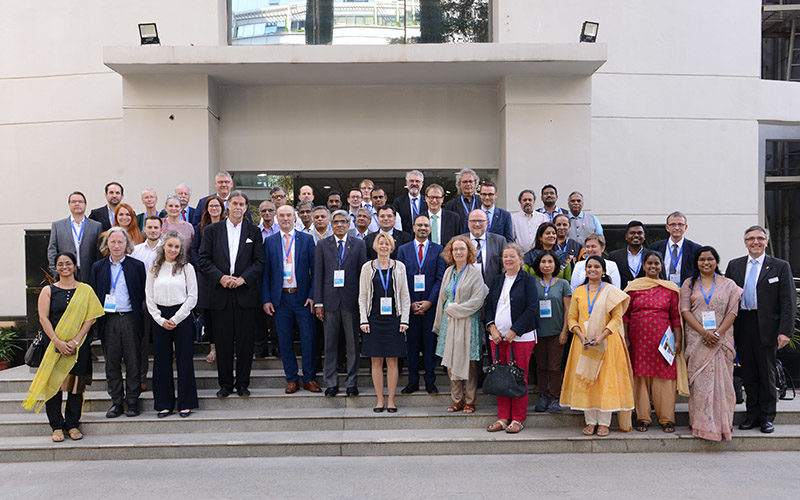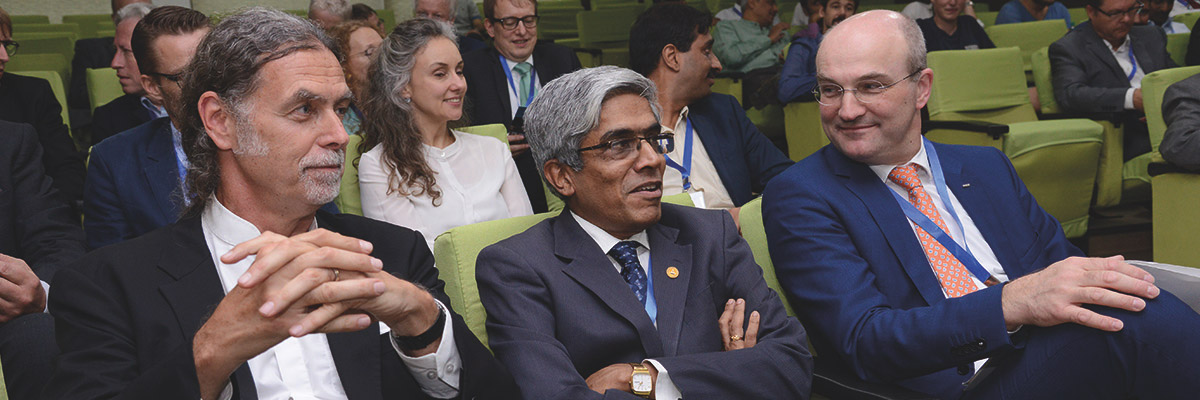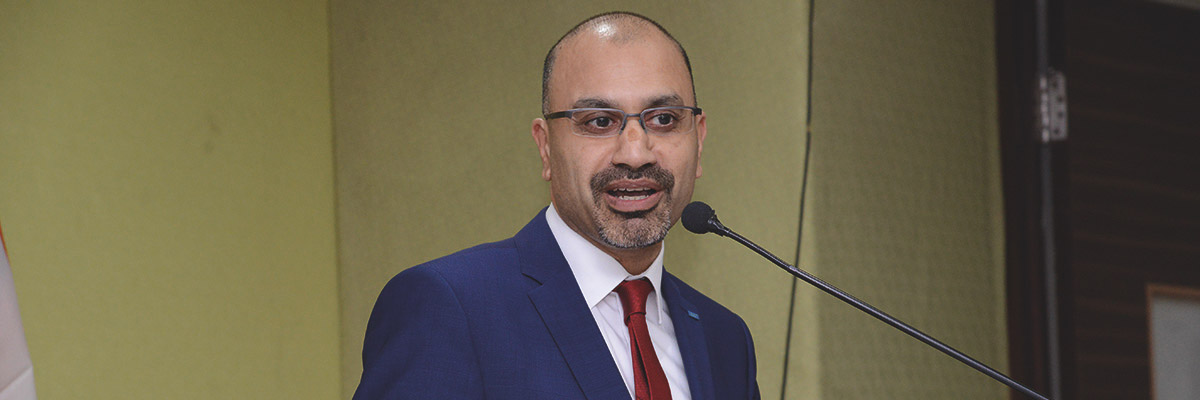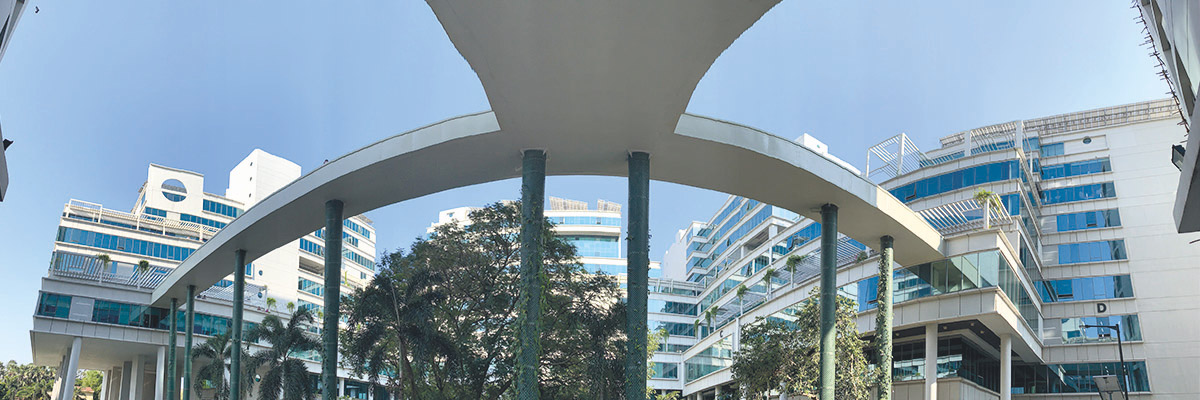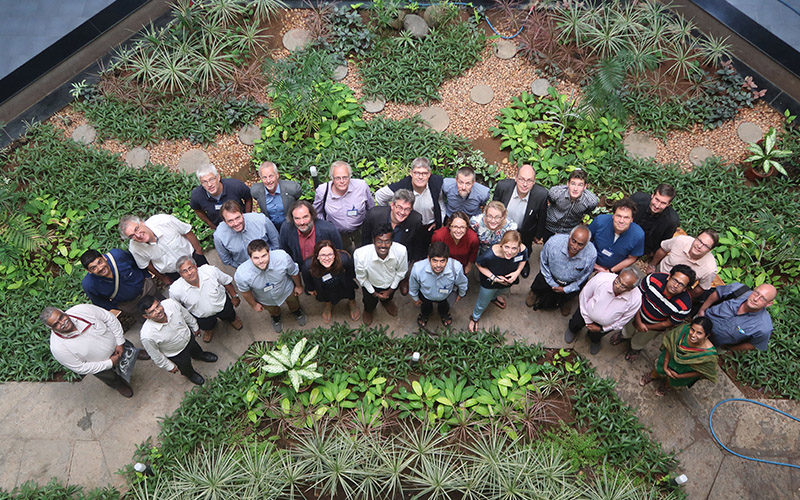Emily, our participant from the Winter School 2021 shares her experience from the 2-week program. The application for our Summer School 2021 is still open!
Category: Alumni & Community
IGCS WINTER SCHOOL 2021
The past year has been a difficult time for everyone around the world because of the ongoing pandemic. During this time, among many other things, education came to a standstill. I was one of the many who found themselves in this whirlwind. The world took some time to catch up, but eventually, it got there. Online learning became a global phenomenon. With all things functioning over the internet, the education sector found a comfortable niche as well. Slowly scientific lectures, seminars, and conferences being held on online platforms became the new normal. During this time, at the beginning of the winter semester last year, I discovered this IGCS winter school 2021 through the department of hydrology at Kiel University, Germany, where I am enrolled in the Environmental Management Master’s program. My affinity towards the winter school’s topic of “Sustainable Inland Waterway Transportation” (IWT) for a Blue Economy comes as no surprise as I was born very close to the sea. I hail from Mumbai, a major port city on the western coast of India and a city that never sleeps, especially when it comes to trade via the waterways. I browsed through the IGCS website to see what I was signing up for before sending in my application, and I fell in love with their winter and summer schools concept. I saw that they had recently held a summer school online, which was a total success considering the times it was held in. This school’s multicultural and interdisciplinary approach put a nail in my decision to attend this Winter School.
I applied for the school in late December 2020 and received the acceptance email in mid-January. The school took place from the 22nd of February 2021 to the 5th of March 2021. This Winter School attempted to look into the developmental initiatives, issues, and challenges, improving IWT infrastructure and operations to further strengthen the IWT sector. It brought together about 30 international students from the Indian and German academic institutions who jointly and interactively developed their skills with respect, for instance, to understand the systemic nature of IWT activities, identifying the challenges and issues in IWT – special reference to channel maintenance and navigation, recognizing sustainability issues associated with IWT transport – Strengthening public-private partnership, understanding the systemic nature of urban transport activities, and developing ideas on ‘smart technology’ solutions.
On the first day of the Winter School, we had an introductory session where the whole IGCS organizing team from both sides – German and Indian, introduced themselves. The center coordinators started with their brief introduction, and then the focus area coordinators took the stage to introduce themselves. The event coordinators from RWTH Aachen and Kiel University gave us a warm welcome talk. This whole session marked the beginning of the IGCS Winter School 2021. The IGCS video was played to the entire group. We, the participants, then moved on, introducing ourselves to the whole group. We took our conversations to a chat-based platform thereafter, where we had the freedom to express more informally. I think this helped everyone gel better with the whole group and for everyone to feel at ease. On the second day, in the afternoon session, we had intercultural activities planned for us by the organizing team that included breakout rooms where students from both sides got to chat and bond a bit in smaller groups. We also indulged in an intercultural quiz and survey (on the platform called “menti-meter”), which helped us bond better in a more formal setting.
The Winter School lasted for 2 weeks and was majorly divided into 3 segments. The first segment included seminars and lectures from professionals from this domain. We had 11 different speakers who spoke about various aspects of the IWT sector throughout the school. They talked about the scientific aspect with regards to IWT, how it affects the surrounding ecosystems, what measures can be taken to mitigate climate change from a government point of view, and the different technological advancements that are used and that can be implemented soon for IWT’s smooth functioning. The second segment was made up of panel discussions. There were 3 of them during the Winter School that included different panelists with different backgrounds that brought a unique perspective to the panel discussions. I thoroughly enjoyed the panel discussion where we spoke about the impact of the recently ongoing COVID-19 pandemic on the Blue Economy. The third segment of the Winter School was the working group/group project. The outcome of which was to make a presentation of our findings at the end of the school. The participants were divided into 6 working groups. Each group was assigned with one supervisor who would guide the group during the 5 group sessions that were allotted. Each group had about 4-5 group members. On the last day of the Winter School, each working group had to present their findings in the form of a presentation, which should have lasted for roughly about 20-30 minutes. The audience had a chance to question the working group after their production as well. After all the presentations on the last day of the Winter School, we had the last feedback. The final remarks were given by the IGCS Winter School organizing team.
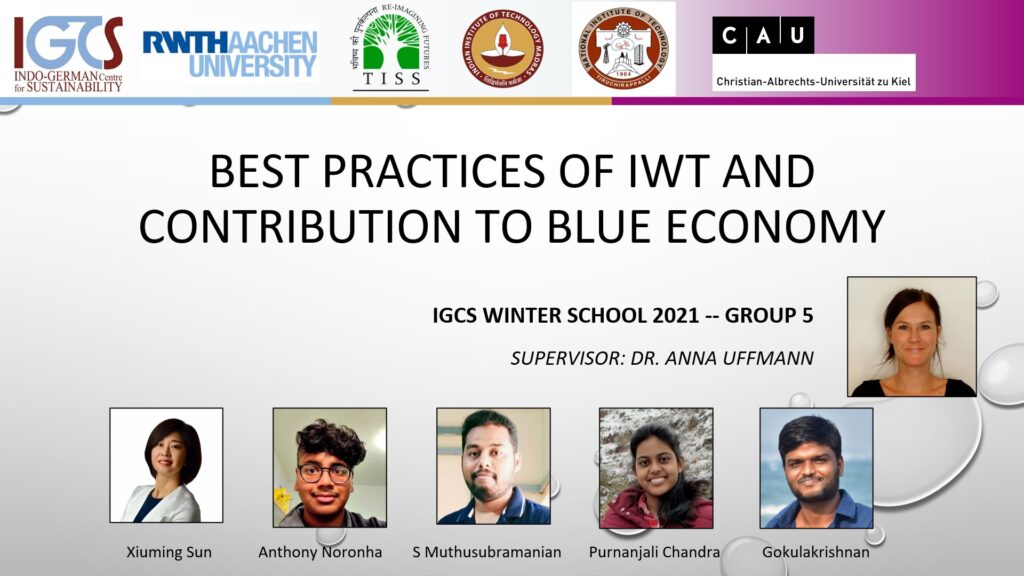
I enjoyed many activities throughout this Winter school. Mainly, the one activity that I have never come across in any other schools that I have been a part of, and I would see more of it in future schools, is the weekend activity session of making videos. As part of this activity, we were asked to make videos of our surrounding areas, especially water bodies and the activities in them. As a secondary part, we were also asked to capture the cultural aspects observed in our surroundings, which brings out the intercultural aspect of this IGCS Winter School when shown to the whole groups.
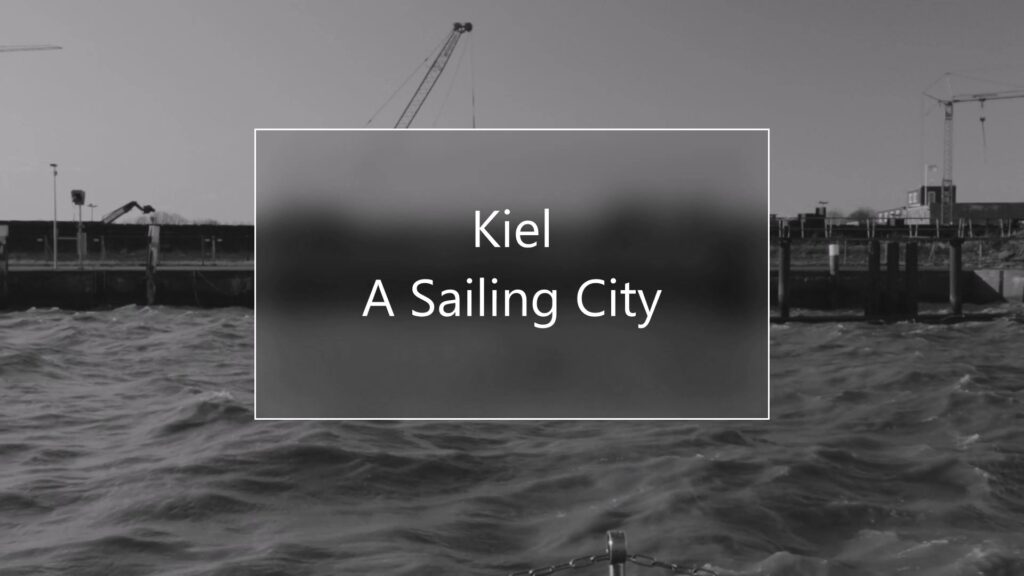
The format of this digital school was well planned and very well executed. The duration of the school was perfect, in my opinion, to achieve the right depth in the topic of the school – not too deep to be a narrowed study/domain topic, and not too shallow to be a one-off seminar talk. I am not only going to give positive recommendations to fellow students who plan to attend future IGCS schools but also going to convince a lot of them to take it up as a good experience in the first place. It is not every day that a chance like this comes in hand to be part of a school with such an intercultural and an interdisciplinary approach deeply rooted to the core. A student attending a school like this, especially during these times, is surely going to have a lot of learning coupled with fun and interactive sessions that would make the time invested in it.
Despite the physical restrictions, the Winter School was a success. It allowed participants to gain an international experience without stepping a foot out in the real world. In addition to its multicultural working environment, the Winter School presented a different challenge of understanding the novelty of online learning in interdisciplinary collaboration. Overall, the Winter School presented an exciting model of how digital communication platforms can interact and reach people beyond what was possible through conventional means. A lot of learning has been done on both sides throughout this school. It leaves a lot of dwelling upon for the participants and the organizers to take away from this school. I had a great time being part of this IGCS event, and I will take part in the next one. In all honestly, I would like to take advantage of the opportunities that the IGCS has laid out for us. A big thank you to the entire IGCS Winter School 2021 organizing team and everyone from IIT Madras, RWTH Aachen University, and Kiel University. They were part of it in making this event a huge success. A special thanks to the funding institute German Academic Exchange Service (DAAD) through its program ‘A new Passage to India,’ without whose help this event would not have been made possible.
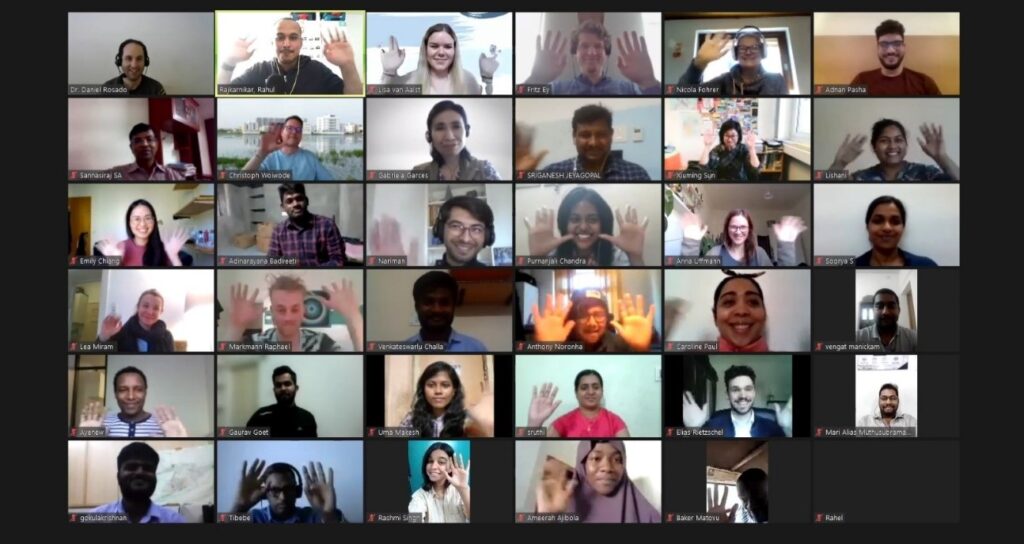
Anthony Noronha
Auroville – Conversations beyond Wellbeing and the Good Life on Practices of Integral Transformation
Considering time in climate justice
In her article Considering time in climate justice IGCS Alumni Judith Bopp uses data collected during her field research stay in Chennai, India in 2017.
For more information see: Bopp, J. und Bercht, A. L. (2021): Considering time in climate justice. Geographica Helvetica, 76, 29–46, https://doi.org/10.5194/gh-76-29-2021.
Global Talk on Sustainable Development Goal Number 9
Have a look at the Global Talk on Sustainable Development Goal Number 9 held by Professor Martina Fromhold-Eisebith, IGCS Area Coordinator for Land Use, discussing how to sustainably connect Industry, Innovation and Infrastructure in the Digital Age.
IGCS Summer School 2020 Participant Testimonial
Our IGCS Alumni Ameerah and Lishani are sharing her experience of participating in the first ever digital Summer School hosted by IGCS in October 2020.
IGCS Summer School on Sustainable Smart Cities: Focus on Urban Mobility
Srinivasan KG
– Digital event, October 05-16, 2020
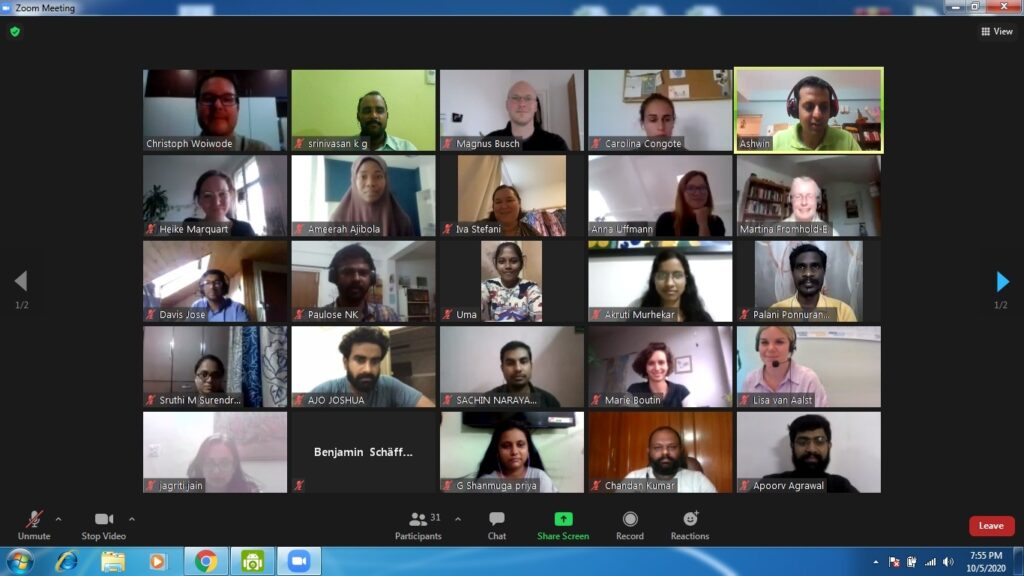
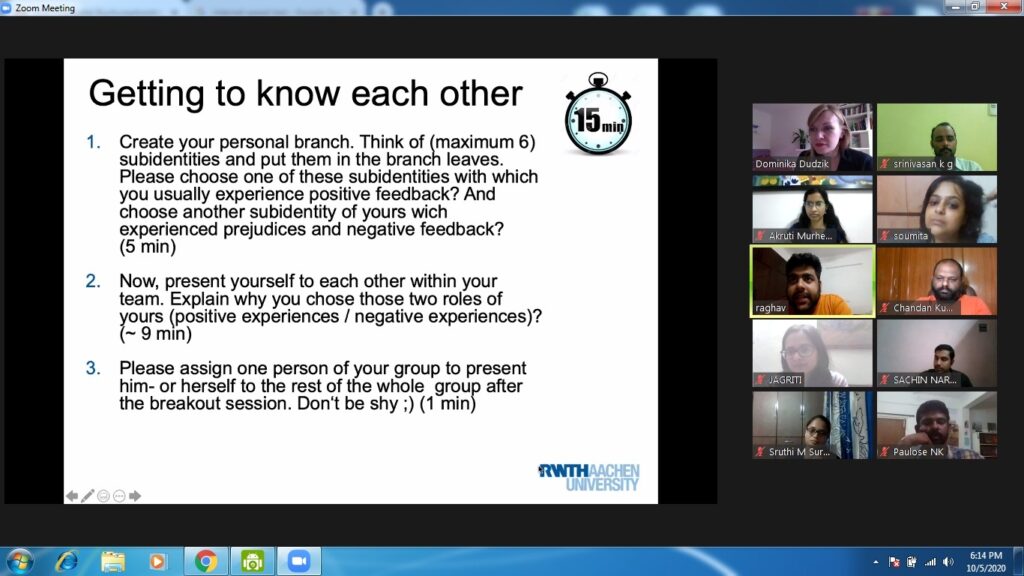
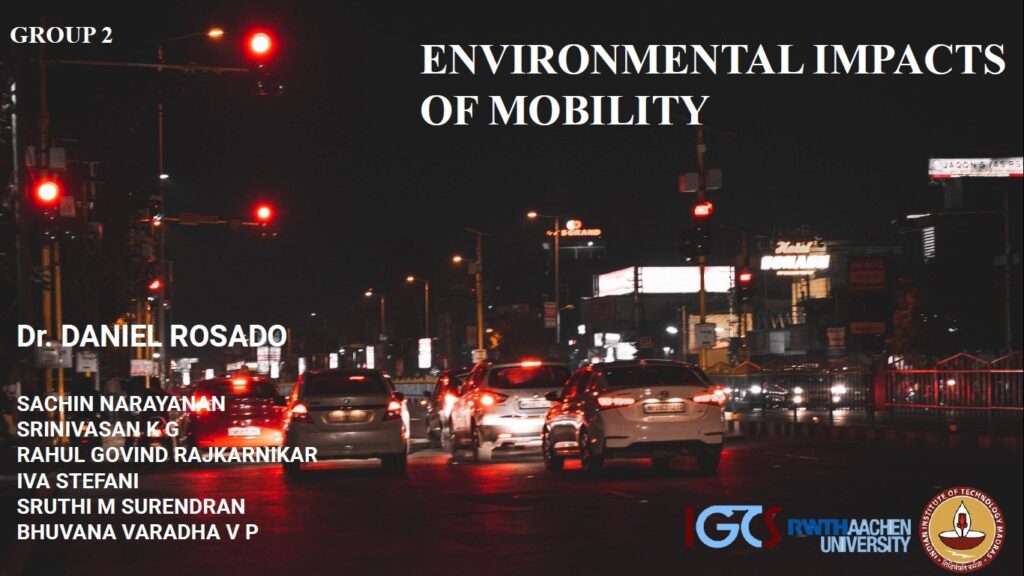
IGCS Summer School on “Sustainable Smart Cities: Focus on Urban Mobility” was hosted by RWTH Aachen University, Germany. Applying for the event, I was eagerly waiting to attend the school in-person in Germany. I was interested in learning more about the different aspects of urban mobility in smart cities as my PhD research topic on “hybrid vehicles for smart cities” is dealing with a similar issue. I had a few questions before attending the summer school:
- What are the factors influencing the acceptance and implementation of smart and sustainable mobility?
- What would be the role of smart and green transport in sustainable cities?
- What would be the environmental impacts of mobility?
- What would be the future of mobility?
Unfortunately, due to the COVID-19 pandemic, we received an e-mail from the host informing the change of school from in-person to a completely online mode and inquiring about my willingness to attend the school. I was eager to participate in the school anyway as the topic was interesting and relevant for my field of study. We then got an e-mail from the host institution well in advance regarding the start and details of the online summer school. Afterwards, I received a confirmation of participation and the schedule of the school.
It was my first experience of attending this kind of workshop online. After being selected to participate in IGCS’ first-ever digital Summer School, I attended online lectures, engaged in panel discussions and worked in a group project in an international environment. All the school activities were conducted in the online platform Zoom, and online Moodle was used to interact with the lecturers and participants from different countries.
In the end, we all had to present our findings from the group project. There were five groups, each containing six members. Each group were presenting on a topic on the last day of Summer School. Teams for the workgroup were well distributed; members of the group were from both Indian and from German institutes and from various field of expertise. Our group topic for the project was well constructed by the host team. I was afraid that my internet connection would not hold. Still, everything was fine on the day, and our group successfully completed our presentation. Our presentation was on the topic “Environmental Impacts on Mobility”, and we mainly focused on:
- Evolution and challenges of different modes of transportation
- Share of transport on the total emissions of greenhouse gases
- Environmental impacts due to dominant/conventional modes of transportation
- Health impacts due to predominant/conventional modes of transportation
- Environmental and Health impacts due to alternate/future means of transportation
- Analyzing the convenience of the alternative means of transport in the contexts of developed and developing countries
After completing the school, I got many of my questions answered, and there are major inputs that I have taken away from the school for my research:
- I have learnt more about the environmental aspects of mobility
- Recent trends and advancements in the automobile industry (Ford) towards sustainable mobility
- Working on our project group with friends from different disciplines increased my understanding of different aspects of engineering as well as environmental, geographical and sociological topics
- With other projects, I have learned more about the public-private partnership in the mobility sector
The entire summer school was well organized, and fortunately, there were no problems with internet connectivity in my case. During the online summer school, I liked all the activities. In particular, I was mostly involved in our workgroups as it helped my research, and I got valuable inputs from my team members. The weekend activity task was very interesting, and it was a great opportunity to explore my personal mobility and priorities.
I networked with participants and professors in this online school too. I became friends with many of the participants, even though we only met online. Next to that, I got much help and guidance from our group mentor Dr Daniel Rosado related to environmental aspects on mobility.
I would recommend the following suggestions for the participants who are applying for the upcoming (online) Summer- and Winter Schools
- Be excited to work with interdisciplinary workgroups
- You will attend lectures from top universities in Germany, IIT Madras and leading global Industry professionals
- Have a stable online connection and a web camera (for online schools)
IGCS Testimonial Winter School 2020
My journey from being a Graduate in Electronics & Communication Engineer to joining for M-Tech in Renewable engineering was nothing short of an adventurous ride. However, over the past months at my University at Gandhigram Rural Institute, I realized that to achieve my dream, I should first be capable of embracing different cultures. This would enable me to learn the different ways I could approach things in life that were outside my comfort zone. Hence, this decision to mingle with people from different walks of life, people born and brought up in a different culture, and who spoke other languages from that of mine, pushed me to apply to the IGCS school programs.
I still remember that day; it was a late night at the end of January. I received my invitation letter from IGCS to participate in their Winter School 2020. I was super excited. From being a girl from a remote agricultural village in Kerala, who had hardly travelled out of state, let alone mingled with people from a different culture and language, now I was going to be a part of an international level program.
I started wondering about how this experience would be. Would my language skills be sufficient to interact with the other participants? Would I be able to communicate with the team? All excitement changed in an instant. The reasons that made me apply for this School stood up straight against me and I started to question my calibre. I was so confused and questioning myself: “Shall I accept this or not?” That was an endless night with circling thoughts. I tried to calm myself: “If I miss this chance, I will never get an opportunity like this”. I tried to be strong thinking: “Whatever happens, I’m going to be a part of the Winter School.” I accepted the offer to be a part of IGCS Winter School 2020, and then, I did it again and participated in the Summer School 2020 too.
The 15 days of Winter and Summer school made a substantial positive impact on me. All my previous fears were wrong. The IGCS team was very supportive, and they were frequently in contact, and they are always ready to help and always willing to listen.
I am sure that apart from being a platform to develop myself as a person, the IGCS Winter School Program also helped me a lot as an aspiring engineer. It is with extreme happiness; I say that I was not mistaken. In particular, I must say that the 15 days I spent at IIT Madras for the IGCS Winter School program 2020 brought about many changes in me both as a person and as an aspiring engineer. From language to culture, it was all diverse there, and that helped me a lot in coming out from the cocoon I had surrounded myself in. The unending discussions I had with students from Germany and the different states of India helped me understand how the differences in culture influence how we see and approach things. That strengthened my belief that as an aspiring engineer with an ambition of working in the rural sector, I should embrace these differences and try to incorporate different perspectives into my work.
The interaction I had with students and officials from Germany gave me a glance at how Germany is leading the way in Renewable Energy. The Winter School on “Sustainability in the Peri-cene: Human settlements, Food, Ecology and Governance” was instrumental for me to explore and learn about various scientific and technological solutions and contribute ideas to the issue of sustainable management of the environment and governance structures in the peri-cene. The peri-urban interface creates different kinds of problems and challenges regarding the broader consensus of environmental sustainability, regions at the edge of peri-urban areas are continually changing and expanding. The presentations and group projects gave me a good overview of the peri-urban interface. It creates various problems and challenges regarding the broader consensus of environmental sustainability and the human settlements on the Chennai greater corporation (GCC). The most exciting and challenging task was project work. My group consists of five members coming from different disciples that made our project group very interdisciplinary and exciting.
The participants’ food and accommodation, which had been taken care of by IGCS coordinators, was delicious and well planned. The coordinators were always ready to help the participants. I believe that the boundaries of countries are never going to separate people’s views and ideas but in fact, people from different geographies and backgrounds can learn from each other. Here, IGCS is an excellent platform for every student to improve their ability to exchange ideas. This platform allows every student to speak and express himself or herself without fear. For me, the 15 days of Winter School were an unforgettable experience where I met new people that became good friends. Now, I can proudly say that I am also a part of the IGCS family. I strongly suggest IGCS schools to everyone because it positively influenced my personal and academic development.
10 years of IGCS – celebrations and milestones
IGCS February Meetings
February 17 – 19, 2020 at IIT Madras, Chennai
India and Germany have closely collaborated in the fields of higher education and research for decades now. Since 2010, this close relationship was further intensified with the inception of the Indo-German Centre for Sustainability. The center plays a significant role in the Indo-German teaching and research landscape and is only possible thanks to the generous funding of the German Academic Exchange Service DAAD, the Indian Department of Science and Technology DST and ithe center’s partner Maschinenfabrik Reinhausen. in these ten years, IGCS has achieved major milestones, among others:
- around 700 exchanges of students and researchers were funded
- several research projects condcuted and findings published in nearly 100 articles, book chapter, conference proceedings and patents
- 19 Winter and Summer Schools were conducted
- the basic course “Ecology and Environment” was introduced to all IIT Madras students’ curricula, aside from various other sustainability-related seminars at IIT Madras and German university with the particiaption of IGCS project members
- various Indo-German meetings and workshops, amongst others the workshop series Indo-German Dialogue on Green Urban Practices and Urban Resilience
- opened up its own facilities with classrooms, laboratories and offices at IIT Madras in 2017
The annual February meetings in Chennai provided the perfect opportunity to celebrate these milestones. Over the course of three days, various meetings were held, excursions to projects and Tamil Nadu’s highlights done, and IIT Madras’ flagship projects visited. The February meetings were accompanied by a RWTH delegation of 17 members, headed by the rector Professor Dr. Ulrich Rüdiger and Vice-Rector for International Affairs, Professor Dr. Ute Habel. The highlight was the celebratory event on the 18th of February, followed by a festive dinner. IGCS and IIT Madras were delighted to welcome German Ambassador Walter J. Lindner, Consul General Karin Stoll, DAAD-president Professor Dr. Joybrato Mukherjee, staff from DAAD and DFG India as well as various professors and staff from IIT Madras as guests to the event.
New faces at IGCS
At the Advisory Board meeting, the newly appointed rector of RWTH Aachen University (2019), Professor Dr. Ulrich Rüdiger, was inaugurated as new member of the IGCS Advisory Board. He is Professor Dr. Ernst Schmachtenberg’s successor.
IGCS waved goodbye to the loyal and hard-working Indian center and area coordinator Professor B.S. Murty and the area coordinators Professor Ligy Philip and Professor Sudhir Chella Rajan at the Steering Committee meetings. All three professors have done an exceptional job in bringing up IGCS to what it is today: teaching and researching on sustainability topics at IIT Madras and Germany, facilitating joint events in Chennai and supervising many IGCS-fellows, long-term guest researchers and the center’s newly appointed Postdocs. IGCS area coordinator for Energy, Professor Dr. Krishna Vasudevan takes over as Indian center coordinator and will have support from his colleagues Professor Dr. R. Vinu (Waste Management), Professor Dr. Ashwin Mahalingam (Land Use, Urban and Rural Planning) and Professor Dr. S.A. Sannasiraj (Water Management). IGCS wishes Professor Murty, Professor Ligy and Professor “Chella” Rajan the very best and looks forward working with new colleagues and the new research expertise they bring to the center.
More reasons to celebrate the Indo-German partnership
Closely connected with IGCS is the eminent role of the Director of IIT Madras, Prof. Bhaskar Ramamurthi in the cooperation with RWTH Aachen University. Aside from IGCS, he has supported the successful Strategic Partnership between the two institutions. Since 2016, both sides have been receiving financial support under the program Indo-German Partnerships in Higher Education, funded by the DAAD- and the University Grants Commission (UGC). This helped significantly to enhance the Strategic Partnership by implementing targeted measures aimed at increasing the exchange at all levels and at institutionalizing the cooperation. It has resulted in over 100 visits so far and the initiation of joint research projects in a variety of subjects. During the visit, the award “Honorary Fellow of RWTH Aachen University” was given to Professor Ramamurthi in recognition of his scientific achievements, his merits for the bilateral cooperation and for the success story of the IGCS and Strategic Partnership with RWTH Aachen.
The years 2019 and 2020 are remarkable for both institutions. For IIT Madras, 2019 marked the 60th anniversary. It was also the year in which the IIT Madras celebrated becoming the top-ranked engineering institute in India for four consecutive years and emerged as the ‘Best Educational Institution’ in the overall category in the National Institutional Ranking Framework (NIRF) Rankings of the Ministry of Human Resource Development (MHRD), Government of India. As of August 2019, IIT Madras has also been declared an Institution of Eminence (IoE) by the University Grants Commission.
Simultaneously, an international panel of experts approved RWTH Aachen‘s application as a University of Excellence in 2019. By the beginning of this third round of the German Excellence Initiative – the Excellence Strategy – RWTH has already developed into an Integrated Interdisciplinary University for Science and Technology, focusing on the convergence of knowledge, methods, and insights. It now aims to create a unique national and international educational, research, and transfer environment with dynamic research networks that transcend individual disciplines and organizational boundaries. With 2020 being the year of RWTH Aachen’s 150th anniversary, the timing for a joint celebration of IITM’s and RWTH’s tradition of excellence could not have been better.
IGCS Germany sincerely thanks the Indian IGCS project members and Professor Mahesh Panchagnula and the staff of the Office of International Relations for their great hospitality and support in realizing the meetings and celebratory events.
German Ambassador Walter J. Lindner together with the director if IIT Madras, Professor Bhaskar Ramamurthi, and rector of RWTH Aachen University, Prof. Dr. Ulrich Rüdiger at the celebration. Source: IIT Madras, 2020; President of DAAD, Professor Dr. Joybrato Mukherjee. Source: IIT Madras, 2020; The IIT Madras Research Park served as venue for the celebratory events. Source: Frank Behrendt, 2020.
IGCS @ Urban Resilience 2
Urban Resilience 2: Coastal and River Management, Vulnerability and Sustainability
October 20-23, 2019 at IIT Madras in Chennai
Continuing discussions from 2017 on the influence of climate change on flooding at rivers and coastal areas Indian and German researchers met for the round table Urban Resilience 2. 15 German scientists from Geoverbund ABC/J, under lead of RWTH Aachen University, met a again delegation of Indian researchers at IIT Madras to continue discussions on the influence of climate change on flooding at rivers and coastal areas. Many Indian scientists from different parts of the country were invited, e.g. from IIT Madras, IIT Kharagpur in Golgata; Anna University in Chennai, NIOT & NCCR in Chennai, and Annamalai University in Tamil Nadu.
The presentations covered many highly relevant topics, such as the establishment of the coastal flood forecasting system for Chennai ‘CFLOWS’ after the devastating floods of 2015 and coastal vulnerability and socio-economic effects in large cities after extreme events. This was also discussed in light of distribution patterns and toxicity of various pollutants, e.g. pesticides from agricultural areas in river catchments and coastal areas after flooding events. Other presentations covered the following topics
- Urban and Coastal Resilience
- Climate Change and Coastal/Riverine Flood Hazards
- Bio- and Ecohazards
- Social and Environmental Impacts, Adaption and Governance and its Dynamics
In October 2017, IGCS started a discussion on Urban Resilience on coastal and river floods or extreme events affecting megacities and settlements in coastal low lands. More than 1.5 billion people are currently living within 100 km of the coastal zones of the Earth, especially in tropical and subtropical regions. And the number is still growing, due to economic and social attractiveness as large-scale urbanization and mega-city development within the coastal zone is expected to be more rapid than in other areas in the near future.
Almost all future scenarios of climate change and sea level rise point to a higher frequency of extreme weather and climate events in near future, and that this will reveal significant vulnerability and exposure of coastal cities to the current climate variability. Climate change also affects monsoonal patterns, which seem to cause an intensification of the seasonal rainfall that fortifies inundation/floodings/droughts in India regularly during the last years (e.g. 2015 Chennai, 2018 Kochi).
Besides the Indian coast is prone to tsunamis, as the Makran subduction zone may cause earthquakes and tsunamis affecting the Indian west coast, as e.g. in 1945. In 2004, the east coast has been affected by the Sumatra tsunami inducing landfall in the Tamil Nadu coast. Besides the primary destructive effects, the widespread contamination of coastal areas due to the pulsed transport of immense pollutant loads during the floodings may seriously affect the coastal ecosystems. This clearly affects increasing population and urbanization in particular along coastlines and urban or even critical infrastructure, as a consequence adaptation, decision analysis and governance of manifold administrational levels.
At the roundtable, many new collaborations for prospective research projects between Indian and German researchers evolved.
Venue
IIT Madras, Chennai, India
Date
October 20 – 22 2019 (until October 25 incl. excursion to Pichavaran )

